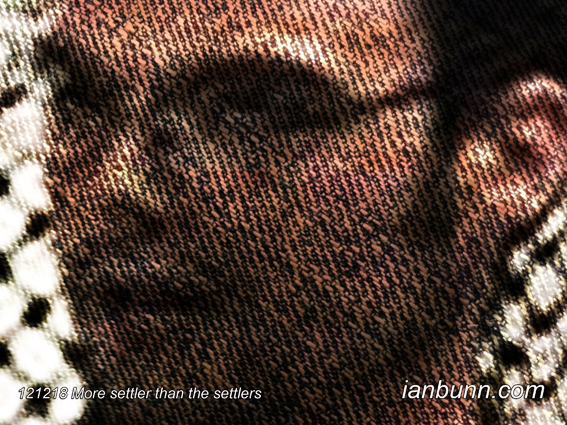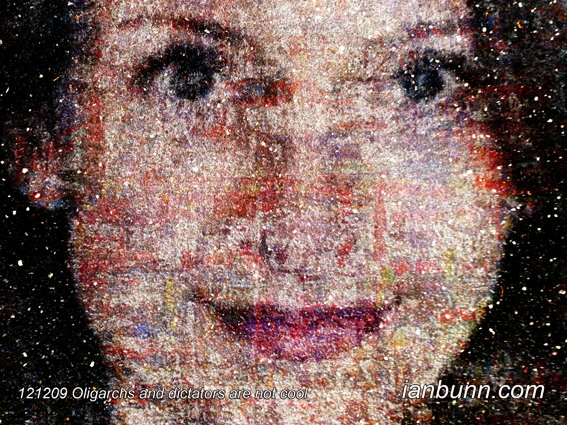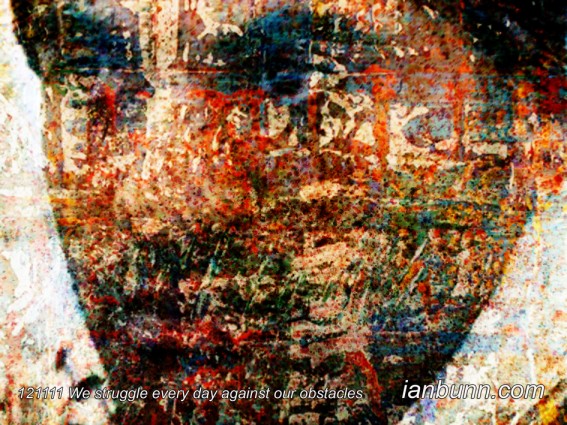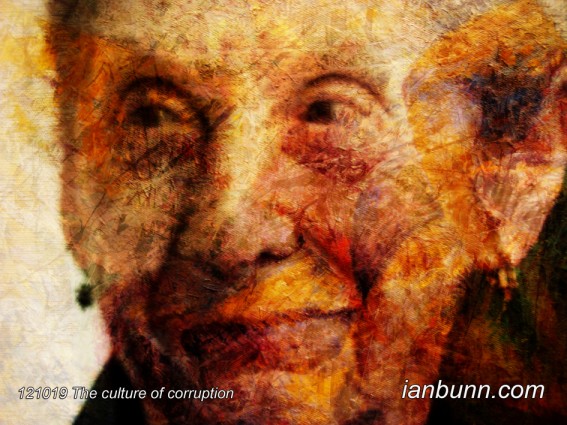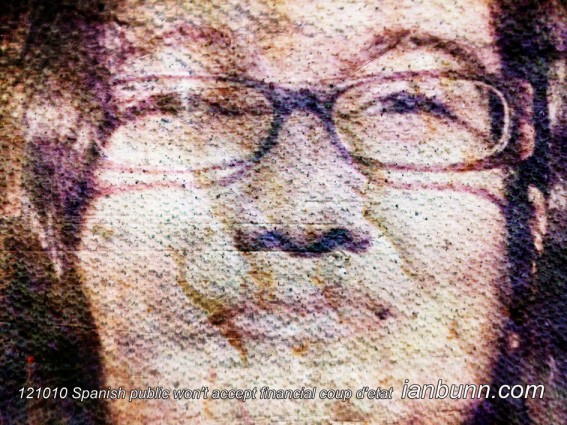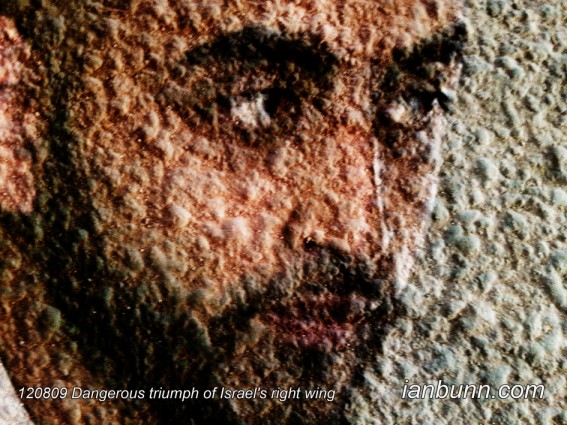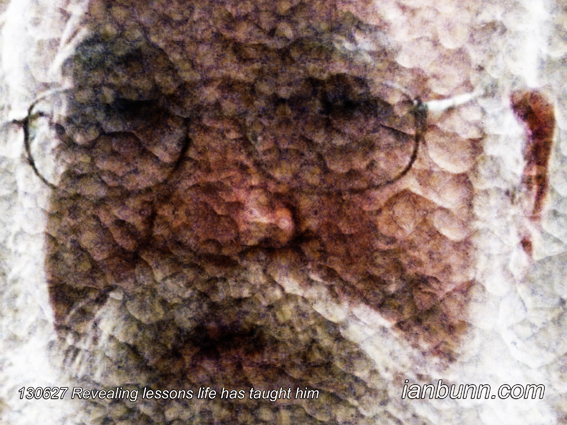 Revealing lessons life has taught him (June 27 2013)
Revealing lessons life has taught him (June 27 2013)
Daniel Clement Dennett the 71 year old American philosopher, writer and cognitive scientist whose research centers on the philosophy of mind, evolutionary biology and cognitive science has published an extract from his new book in The Guardian titled ‘Daniel Dennett’s seven tools for thinking’, revealing some of the lessons life has taught him. “1 USE YOUR MISTAKES – We have all heard the forlorn refrain: “Well, it seemed like a good idea at the time!” This phrase has come to stand for the rueful reflection of an idiot, a sign of stupidity, but in fact we should appreciate it as a pillar of wisdom… 2 RESPECT YOUR OPPONENT – Just how charitable are you supposed to be when criticising the views of an opponent? If there are obvious contradictions in the opponent’s case, then you should point them out, forcefully. If there are somewhat hidden contradictions, you should carefully expose them to view – and then dump on them… 3 THE “SURELY” KLAXON – When you’re reading or skimming argumentative essays, especially by philosophers, here is a quick trick that may save you much time and effort, especially in this age of simple searching by computer: look for “surely” in the document and check each occurrence. Not always, not even most of the time, but often the word “surely” is as good as a blinking light locating a weak point in the argument… 4 ANSWER RHETORICAL QUESTIONS – Just as you should keep a sharp eye out for “surely”, you should develop a sensitivity for rhetorical questions in any argument or polemic. Why? Because, like the use of “surely”, they represent an author’s eagerness to take a short cut… 5 EMPLOY OCCAM’S RAZOR – The idea is straightforward: don’t concoct a complicated, extravagant theory if you’ve got a simpler one (containing fewer ingredients, fewer entities) that handles the phenomenon just as well… 6 DON’T WASTE YOUR TIME ON RUBBISH – Sturgeon’s law is usually expressed thus: 90% of everything is crap. So 90% of experiments in molecular biology, 90% of poetry, 90% of philosophy books, 90% of peer-reviewed articles in mathematics – and so forth – is crap… 7 BEWARE OF DEEPITIES – A deepity …is a proposition that seems both important and true – and profound – but that achieves this effect by being ambiguous. On one reading, it is manifestly false, but it would be earth-shaking if it were true; on the other reading, it is true but trivial…”
Inspired by Daniel Dennett, The Guardian ow.ly/lMAiz Image source David Orban ow.ly/lMAe3
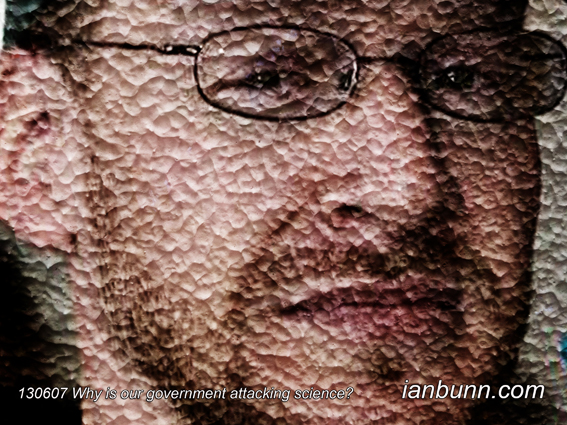

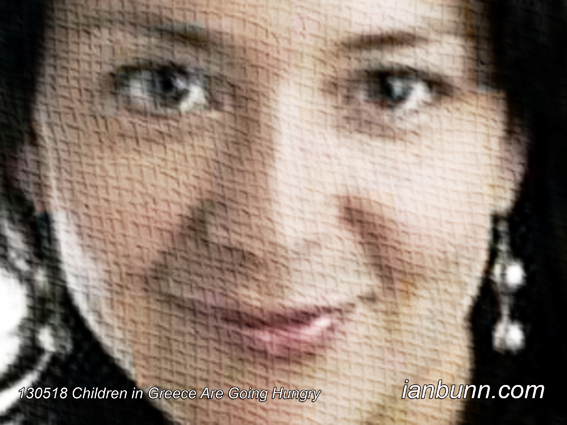
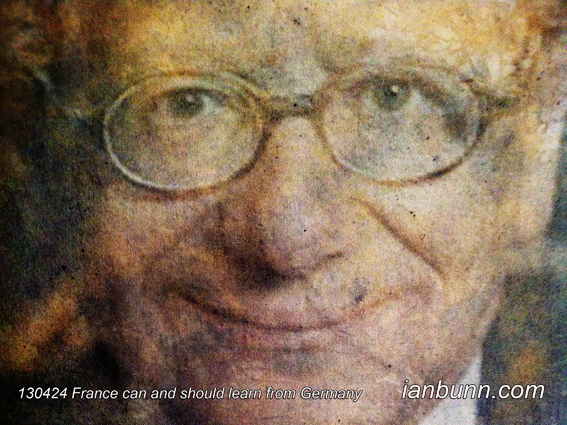
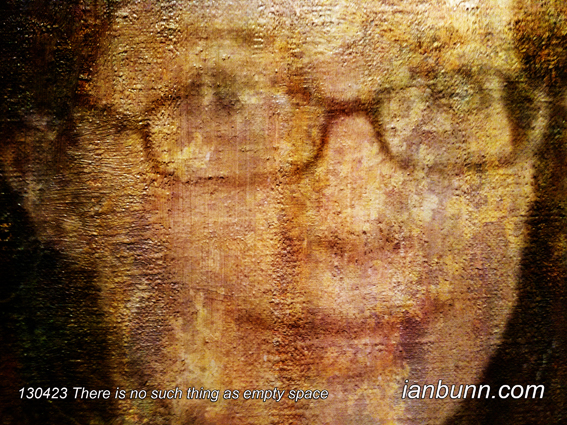

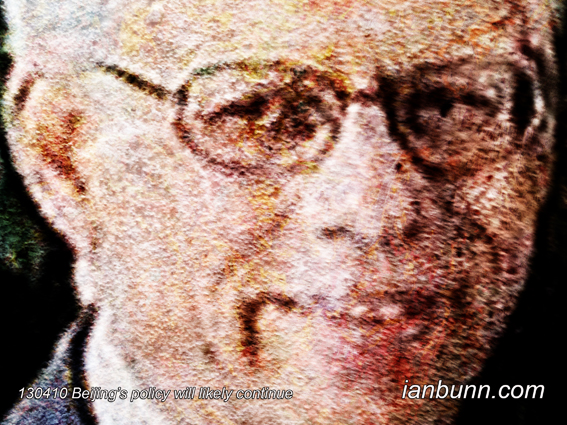

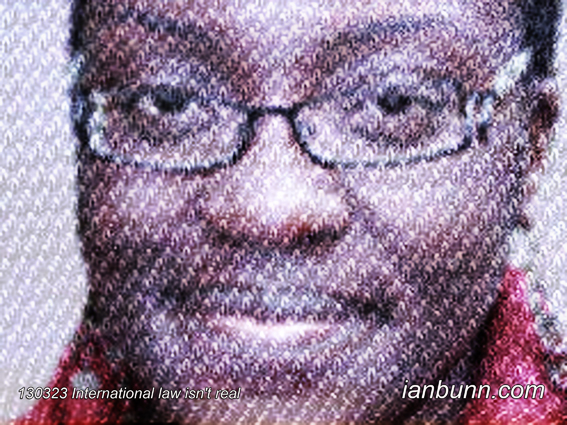

![David Runnalls the Canadian writer and environment columnist, former Board member of IUCN-the World Conservation Union, and current Distinguished Fellow with IISD, has published an article in The Globe and Mail titled ‘Roasted, toasted, fried and grilled’: climate-change talk from an unlikely source ‘. Runnalls states “ This past little while has seen some statements from unlikely sources about the critical economic importance of dealing quickly with climate change. President Barack Obama led off the batting with his inaugural address, calling on Americans to take the lead in developing the technologies necessary for the emerging low-carbon economy. He pointed to the drought and Hurricane Sandy as the most recent evidence that our climate is changing for the worse. But the most startling statements came from the heads of those bastions of economic orthodoxy: the World Bank and the International Monetary Fund. …[head of the IMF Ms. Lagarde] said: “Unless we take action on climate change, future generations will be roasted, toasted, fried and grilled.” Jim Yong Kim, president of the World Bank, went so far as to insist that climate change be at the top of the Davos agenda, along with finance and growth, “because global warming imperils all of the development gains we have made.” …These statements are not from the head of Greenpeace or from David Suzuki. They come from the heads of the bulwarks of the international financial system. For years, the IMF has resisted straying into the realm of environment and finance, viewing it as a side issue best left to international environmental organizations. And while the World Bank has invested in low-carbon futures and has been active in climate talks, the issue has not been raised to the top of its agenda. Until now. Climate change as the main economic discussion point at the annual meeting of the rich and famous leaders of governments and multinational enterprises?” Inspired by David Runnalls, The Globe and Mail ow.ly/hMwGA Image source CIGI ow.ly/hMwF2](http://www.ianbunn.com/wp-content/uploads/2013/02/130227dcU60.jpg)





